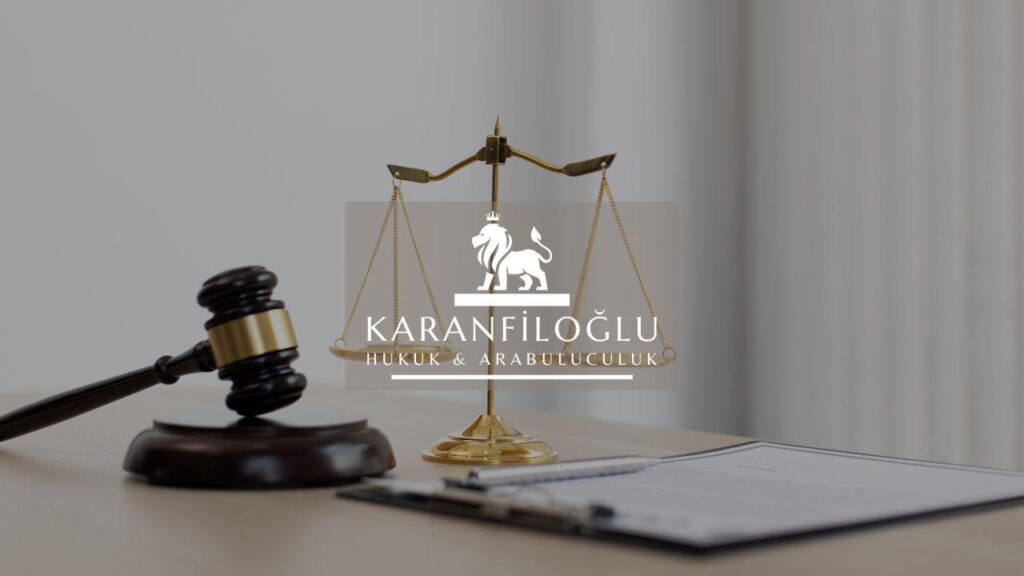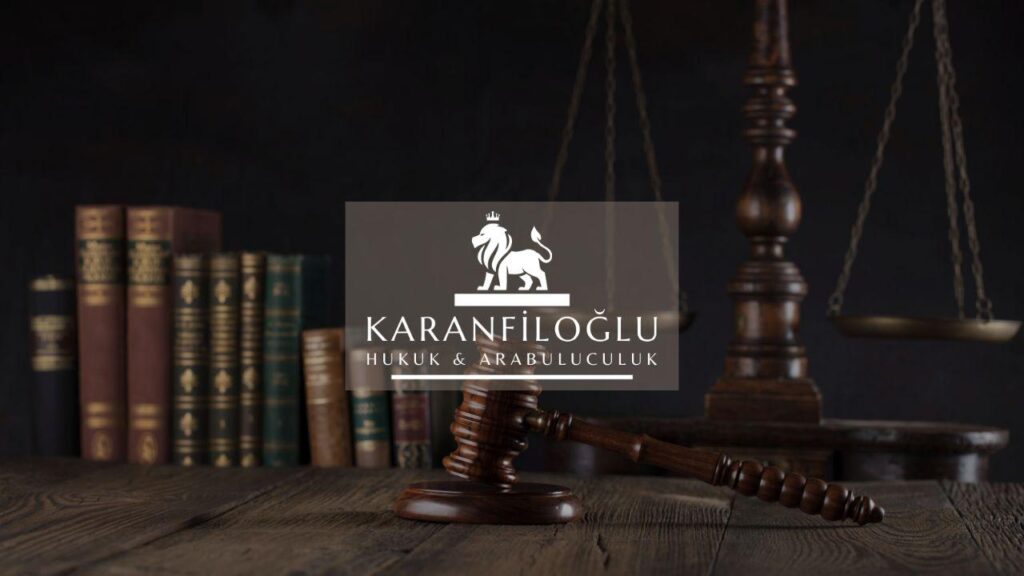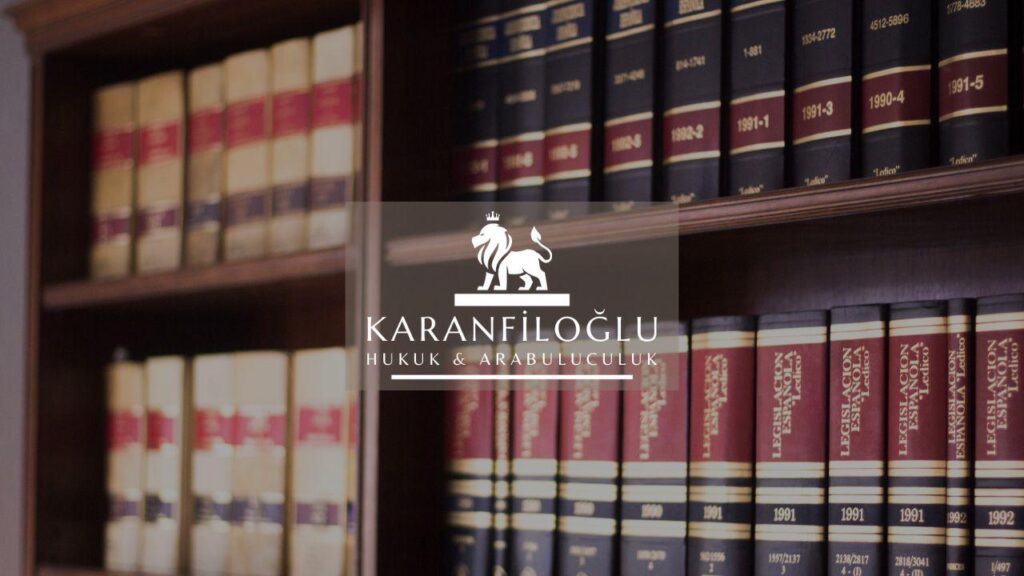Navigating the legal challenges of real estate investments in Turkey necessitates a deep understanding of the complex regulatory landscape. Turkey’s real estate sector is primarily governed by the Turkish Civil Code (Law No. 4721), which underscores the importance of meticulous due diligence and compliance. Real estate investors must be particularly vigilant about zoning regulations outlined in the Zoning Law (Law No. 3194) and ensure adherence to property acquisition procedures delineated in the Land Registry Law (Law No. 2644). Furthermore, recent amendments to the Foreign Direct Investment Law (Law No. 4875) may impact non-Turkish investors, necessitating careful evaluation of foreign ownership restrictions and residency requirements. The Karanfiloglu Law Office stands ready to offer comprehensive legal support, guiding investors through potential pitfalls such as title disputes, contractual breaches, and taxation issues connected with the Value Added Tax Law (Law No. 3065) and the Income Tax Law (Law No. 193), ensuring secure and profitable real estate transactions.
Legal Due Diligence in Turkish Real Estate Market
Legal due diligence is an indispensable part of real estate transactions in Turkey, ensuring that investors are fully aware of the legal standings of properties before acquisition. The process involves comprehensive verification of the property’s title deed at the Land Registry Office under the Land Registry Law (Law No. 2644) to confirm clear ownership and absence of encumbrances, such as mortgages or liens. Additionally, investors should scrutinize relevant zoning plans and construction permits in compliance with the Zoning Law (Law No. 3194) to verify that the property’s intended use is permissible. Conducting these checks with precision not only mitigates the risk of future legal disputes but also aligns with the guidelines set forth in the Turkish Civil Code (Law No. 4721). The Karanfiloglu Law Office offers expert guidance through this due diligence process, ensuring that all legal and administrative obligations are meticulously observed, bolstering investor confidence and facilitating successful real estate transactions.
Moreover, legal due diligence entails evaluating environmental liabilities and compliance with environmental regulations, which can significantly impact property valuations and lead to severe legal consequences if neglected. Turkish Environmental Law (Law No. 2872) obliges property owners and investors to assess environmental risks, focusing on pollution control and the sustainable use of natural resources, which can affect both current property use and future development plans. Investors are advised to conduct environmental assessments and seek necessary approvals to confirm that the property complies with legal standards, thereby avoiding potential fines or restrictions on land use. Furthermore, evaluating the financial health of sellers is crucial to ascertain any outstanding debts that may jeopardize the property’s acquisition, as mandated under the Turkish Enforcement and Bankruptcy Law (Law No. 2004). The Karanfiloglu Law Office delivers comprehensive insights into these critical aspects, providing clients with a robust framework for informed decision-making during real estate investments.
In the realm of legal due diligence, attention must also be directed towards understanding and managing tax implications associated with real estate investments in Turkey. The Value Added Tax (VAT) Law (Law No. 3065) dictates specific conditions under which VAT must be applied to property transactions, potentially impacting the overall cost of investment if not correctly calculated. Additionally, the Income Tax Law (Law No. 193) imposes tax obligations on income derived from real estate, necessitating accurate reporting and compliance to avoid penalties. Understanding these regulations is critical for optimizing tax efficiency and ensuring legality throughout the investment process. At Karanfiloglu Law Office, our seasoned legal team provides thorough tax analysis and guidance, helping clients navigate the intricate landscape of tax regulations, allowing them to maximize their investments while adhering to Turkish law. Such proactive legal due diligence not only safeguards investment interests but also enhances the potential for long-term financial success in Turkey’s real estate market.
Mitigating Contractual Disputes in Property Transactions
Mitigating contractual disputes in property transactions in Turkey requires a solid grasp of the Turkish Code of Obligations (Law No. 6098), which governs the formation and enforcement of contracts. Real estate contracts, particularly sales agreements, need to be meticulously drafted to cover essential elements such as price, payment terms, and property specifications. Properly including contingency clauses can help prevent disputes arising from unexpected issues such as title defects or zoning changes. Ensuring that both parties fully understand their rights and obligations prior to signing is critical. Furthermore, obtaining independent valuation reports and verifying the seller’s ownership status through the Land Registry can significantly reduce the risk of future conflicts. At Karanfiloglu Law Office, we emphasize the importance of comprehensive legal reviews and clear communication to facilitate smoother transactions and protect client interests from potential breaches and misunderstandings.
In addition to thorough contract drafting, arbitration clauses play a crucial role in mitigating potential disputes within real estate transactions. The inclusion of a well-structured arbitration clause can offer a faster and more cost-effective resolution process compared to traditional litigation, as per Article 1 of the International Arbitration Law (Law No. 4686). Given that real estate markets can fluctuate and projects may face delays or unforeseen legal hurdles, having the foresight to stipulate arbitration in the initial agreement can provide a clearer pathway for resolving conflicts. Moreover, in accordance with Article 4 of the Turkish Civil Code (Law No. 4721), clarity of contractual terms and precise specification of property characteristics help further avert disagreements. Karanfiloglu Law Office recommends utilizing legal expertise to negotiate and finalize these agreements, ensuring that all potential risks are preemptively addressed and that clients are shielded from any detrimental surprises that could arise from loose or ambiguous contract terms.
Another essential strategy for minimizing contractual disputes in real estate transactions involves proactive risk management through thorough due diligence. According to Article 6098 of the Turkish Code of Obligations, conducting comprehensive background checks on the property and verifying compliance with relevant laws are critical steps before sale agreement execution. This process includes reviewing zoning laws, assessing environmental restrictions, and confirming that all necessary permits are in place per Zoning Law (Law No. 3194). Furthermore, ensuring transparency in communications between sellers and buyers, and implementing periodic inspections during transaction progress can help identify potential discrepancies early on. At Karanfiloglu Law Office, we stress the importance of collaboration with legal and technical experts during due diligence, which can forestall conflicts and cement adherence to contractual stipulations, rendering property investments both secure and rewarding.
Navigating Regulatory Changes and Compliance
In the dynamic arena of Turkish real estate, regulatory changes can significantly affect the investment landscape. Recent legislative amendments, such as those to the Zoning Law (Law No. 3194) and the Foreign Direct Investment Law (Law No. 4875), have introduced new compliance requirements that investors must navigate with precision. This is particularly crucial as these changes dictate how properties can be developed, used, or transferred, thereby directly influencing investment viability and returns. At Karanfiloglu Law Office, our legal experts are adept at decoding these regulations, ensuring that our clients achieve full compliance and mitigate risks. This includes thorough vetting of development plans for conformity with current zoning ordinances and a comprehensive assessment of foreign investment stipulations to prevent any breaches that may result in financial penalties or transactional invalidity. By staying abreast of these regulatory evolutions, investors can safeguard their interests and optimize their strategic position in Turkey’s vibrant real estate market.
Furthermore, understanding the implications of regulatory changes on contractual agreements is vital for real estate investors in Turkey. The alterations to laws such as the Law of Obligations (Law No. 6098) and the Implementation and Bankruptcy Law (Law No. 2004) can have far-reaching effects on lease agreements, purchase contracts, and financing arrangements. For instance, recent modifications may influence clauses related to force majeure, liability, or dispute resolution, which are critical in safeguarding investments against unforeseen contingencies. At Karanfiloglu Law Office, we emphasize the importance of meticulously tailored contracts that reflect these regulatory updates, as well as ensuring clarity in terms and conditions to prevent contentious disputes. Our legal team is proficient in identifying potential legal pitfalls within contractual frameworks, thereby empowering clients to negotiate favorable terms that align with current legal standards. This strategic approach to contracts is integral to sustaining long-term value and stability in the real estate market.
Staying compliant with taxation laws is another critical component of real estate investment in Turkey, with significant impacts on profitability. Recent revisions in the Value Added Tax Law (Law No. 3065) and Income Tax Law (Law No. 193) shape the fiscal landscape that investors must navigate. These adjustments can affect the calculation of taxes on property sales, rental income, and capital gains, necessitating strategic tax planning to avoid incurring excessive liabilities. At Karanfiloglu Law Office, our adept tax advisors ensure that our clients benefit from applicable exemptions and deductions, while maintaining strict adherence to evolving tax regulations. This includes evaluating taxation exposure during the acquisition, holding, and disposition phases of property investment. By leveraging our comprehensive understanding of the tax framework, we help investors maximize their returns while mitigating the potential risks associated with non-compliance. Ultimately, thorough tax strategy is indispensable for optimizing the financial outcomes of real estate ventures in Turkey’s ever-evolving market.
Disclaimer: This article is for general informational purposes only and you are strongly advised to consult a legal professional to evaluate your personal situation. No liability is accepted that may arise from the use of the information in this article.







